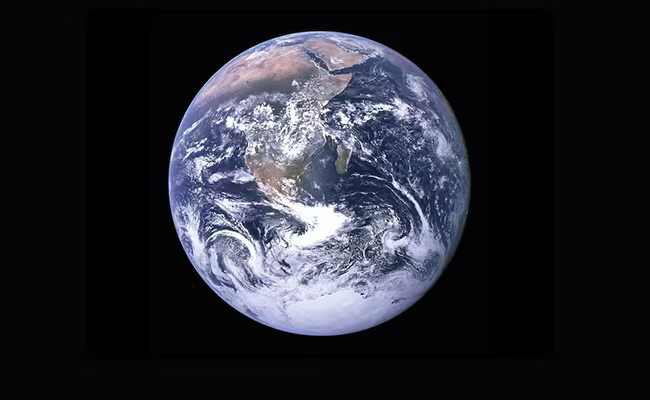Pune: A deeply disturbing incident of animal cruelty has surfaced in Pune, where a pet dog, owned by Omkar Jagtap, was reportedly beaten and hanged to death by the family. The incident has sparked widespread public outrage, with calls for justice from animal rights activists and political leaders.
According to a local foundation’s social media post, the dog had been ‘severely’ beaten before being found hanging from a tree. An SOS call had been made to authorities warning of the family's threats to kill the pet if it wasn’t removed immediately, but help arrived too late.
The post shared graphic details, alleging that Jagtap’s mother was seen mercilessly hitting the dog with a thick stick, leaving injuries across its body. The foundation urged for action, stating, “The dog trusted the family, and they betrayed it. If this doesn’t boil your blood, what will? Omkar Jagtap has murdered his dog, a pet he raised since it was a pup.”
The incident drew sharp condemnation from Shiv Sena (UBT) leader Aaditya Thackeray, who demanded action from Pune Police. “I just came across a very, very heartbreaking image of a dog being hung to death by its owner's family in Pune. I am shocked beyond words to see how humans can behave this way. Beyond elections and the other stress of duty, I am appealing to Pune city police to take strict action against those guilty of this. It’s inhumane. Pets are family too," Thackeray wrote on X (formerly Twitter), urging the police to act decisively.
Let the Truth be known. If you read VB and like VB, please be a VB Supporter and Help us deliver the Truth to one and all.
A recent study has uncovered a significant impact of human activity on the planet: Earth's axis has shifted by 31.5 inches (nearly 80 centimeters) due to extensive groundwater extraction. Published in the journal Geophysical Research Letters, the research highlights how large-scale pumping of groundwater has changed the distribution of Earth's mass, affecting its rotation and contributing to sea-level rise. The shift in Earth's tilt is linked to a sea-level increase of 0.24 inches, according to Popular Mechanics.
Lead researcher Ki-Weon Seo, a geophysicist at Seoul National University, explained that among climate-related factors, the redistribution of groundwater has had the most significant effect on the movement of Earth's rotational pole. The planet's tilt, or axial precession, is influenced by changes in mass distribution. As glaciers and polar ice sheets in Greenland and Antarctica melt, water migrates towards the equator, shifting the planet's balance—a phenomenon comparable to how a figure skater’s spin changes when they alter their body position.
The study examined data from 1993 to 2010, revealing that approximately 2,150 gigatons of groundwater were pumped out during this time, largely for agricultural and human consumption. This large-scale extraction has contributed to a shift in Earth's axis of about 31.5 inches.
Groundwater, which is water stored underground in soil and rock, plays a crucial role in the hydrological cycle. It originates from precipitation that seeps into the earth, replenishing natural aquifers. These aquifers are vital freshwater resources, supporting drinking water supplies, agriculture, and industry. The availability and quality of groundwater depend on natural factors like recharge rates and human activity.
While the 31.5-inch shift in Earth's axis might seem minor, the consequences could be far-reaching over geological timescales. Changes in water distribution can lead to varying sea-level changes across regions, affecting coastal areas differently. Additionally, shifts in Earth's tilt can influence its internal systems, such as the magnetic field, which acts as a shield against harmful solar radiation.





